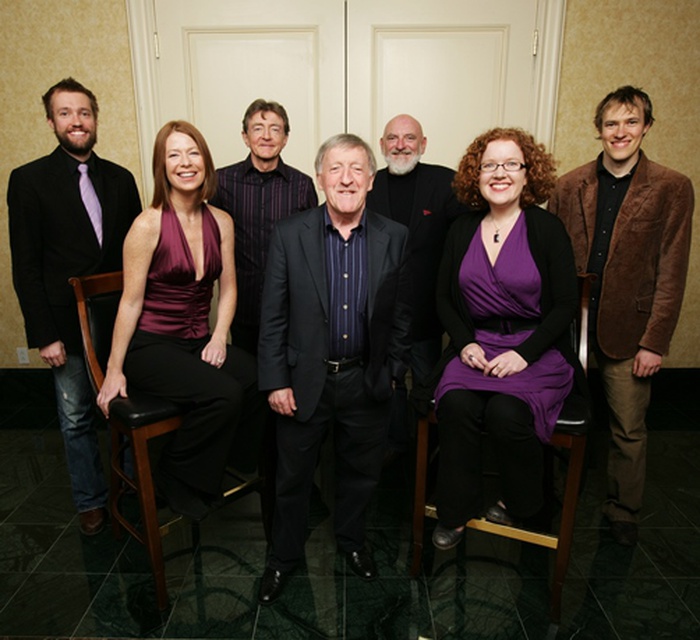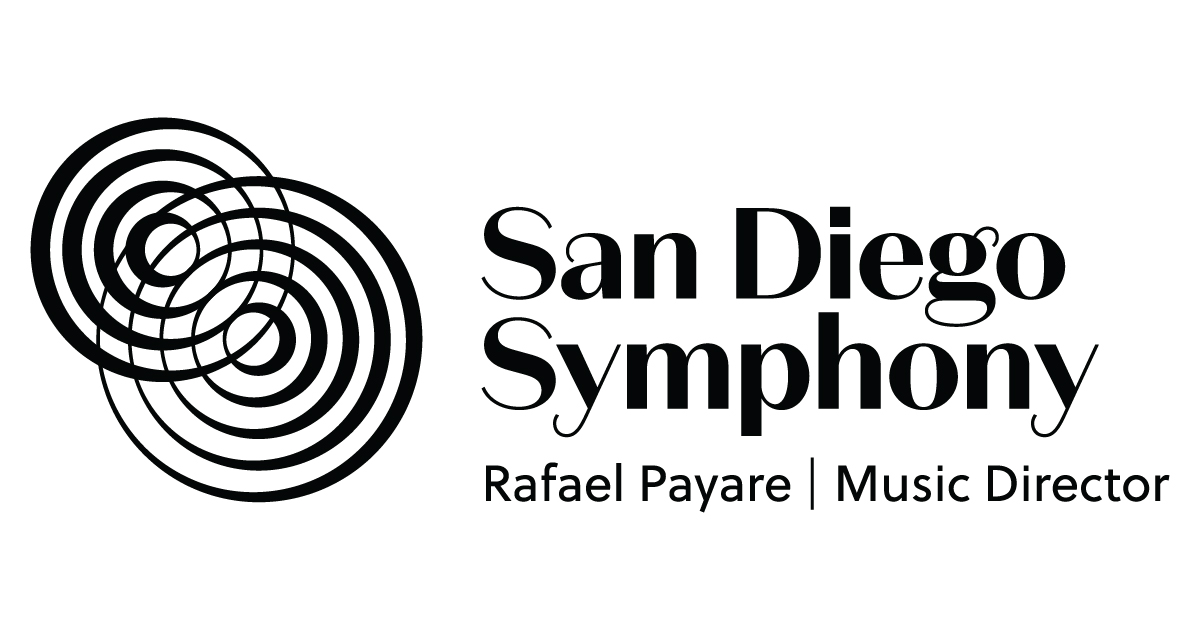Guest ArtistsThe Chieftains

2020 marks 58 years since The Chieftains began their illustrious journey. Since 1962 the six-time Grammy® Award winners have been highly recognized for reinventing traditional Irish music on a contemporary and International scale. Their ability to transcend musical boundaries to blend tradition with modern music has notably resulted in them being hailed as one of the most renowned and revered musical groups to this day.
As cultural ambassadors, their performances have been linked with seminal historic events, such as being the first Western musicians to perform on the Great Wall of China, participating in Roger Water’s The Wall performance in Berlin in 1990, and being the first ensemble to perform a concert in the Capitol Building in Washington, D.C. In Ireland they have been involved in many major occasions, including Pope John Paul II’s visit in 1979, when they performed to an audience of over 1.3 million, and in 2011 as part of the historic visit to Ireland of HRH Queen Elizabeth II. In 2010 their experimental collaborations extended to out of this world, when Paddy Moloney’s whistle and Matt Molloy’s flute travelled with NASA astronaut Cady Coleman to the international space station. More recently in Japan, The Chieftains were awarded a Lifetime Achievement Award as part of the 2017 Ireland Japan Business Awards. And in 2018, Paddy Moloney was awarded the prestigious Encomienda de la Orden del Mérito Civil (Commander of the Order of Civil Merit) by the Ambassador of Spain.
Although their early following was purely a folk audience, the range and variation of their music and accompanying musicians quickly captured a much broader audience, elevating their status to the likeness of fellow Irish band, U2.
To celebrate their 50th Anniversary in 2012, The Chieftains once again invited friends from all musical styles to collaborate on their most recent album, Voice of Ages. Featuring some of modern music’s fastest-rising artists (Bon Iver, The Decemberists and Paolo Nutini among them), this album is proof that their music transcends not only stylistic and traditional boundaries, but generational as well. This same year they were awarded the inaugural National Concert Hall Lifetime Achievement Award at a gala event in Philadelphia hosted by The American Ireland Fund, “in recognition of their tremendous contribution to the music industry worldwide and the promotion of the best of Irish culture.”
The Chieftains are never afraid to shock purists and push genre boundaries, and the trappings of fame have not altered The Chieftains' love of, and loyalty to, their roots. However, they are as comfortable playing spontaneous Irish sessions as they are headlining a concert at Carnegie Hall. After 57 years of making some of the most beautiful music in the world, The Chieftains' music remains as fresh and relevant as when they first began.
Paddy Moloney (uilleann pipes, tin whistle and vocals), Mus. D. HC., is a composer, leader and founding member of The Chieftains. The Chieftains were formed in 1962 by Paddy Moloney. He enlisted top folk musicians for the new group: fiddler Martin Fay, flautist Michael Tubridy, tin whistle virtuoso Seán Potts and bodhrán player David Fallon. Paddy’s love of Irish music came from his parents’ native Co. Laois and the music that surrounded him at home. His first instrument was a plastic tin whistle, and by the age of eight he was learning to play the uilleann pipes from the great pipe master, Leo Rowsome. It was when he heard Leon Rowsome, son of Leo, play his pipes in the Scoil Mhuire school band in Marino, that he began to beg his parents to have Leo make him his very first set.
Paddy always had a vision from his early days playing. A sound he wanted to create, a sound that had never been heard before. He knew it would take much experimentation with different combinations of instruments and so he formed several groups with other musicians in duets and trios. In particular he played with Seán Potts, Michael Tubridy and Sean Keane in various combinations who would all later become Chieftains.
It was not until he had formed the original line up for The Chieftains in 1962 that he finally achieved the sound that had eluded him, a sound created by Paddy’s inspired choice of instruments, styles and players. It was only at this point did Paddy feel ready to give his group the title The Chieftains (a name inspired by the Irish poet John Montague) and confident enough to take his band into studio to record the very first of many award-winning albums.
As a result of The Chieftains’ ability to blend their traditional sound with a never-ending variety of musical genres from around the world, they have been able to collaborate with many artists and groups. Some of those include Elvis Costello, Sting, Emmylou Harris, Willie Nelson, Diana Krall and The Rolling Stones to name a few.
The sound that Paddy created some 55 years ago has become the instantly recognizable sound of The Chieftains, which lives on fresh today and has always set them apart from any other traditional line up throughout out the world. It is simply the sound of The Chieftains.
Kevin Conneff (bodhrán, vocals) , the voice and rhythm of the Chieftains, joined the group in 1976, replacing Peadar Mercier. Vocals now became a new element in The Chieftain’s sound, as up to that time there was no regular vocalist. Kevin was born in Donore, a rare musical suburb of Dublin and one of the city’s most historical places. At first a jazz fan, Kevin discovered traditional music in his teens, and he soon learned to play the bodhrán and developed his singing, particularly sean nós, influenced by Paddy Tunney and Christy Moore.
Kevin was also a founding member of the Tradition Club at Slattery’s in Dublin. It soon became a meeting place for those who wanted to hear traditional music performed by well-known performers of the tradition, allowing musicians to play with others in an organized setting. Some of the musicians and performers who played in the club even included a Chieftain or two in a solo or duet setting. In the late 1960s, Kevin joined Christy Moore and others to record the now famous album Prosperous, which laid the groundwork for the group of Planxty. He was asked by Paddy to record a couple of tracks with The Chieftains in London for Bonaparte’s Retreat, and became a permanent member soon after.
Kevin’s singing is in the old-style which reflects interpretation and is generally unaccompanied. On the bodhrán, he can demonstrate a subtle rhythm or really heat things up. Kevin also released a solo album, The Week Before Easter, in 1988.
Matt Molloy (flute) was born in Co. Roscommon, into one of the long lines of flute players for which the area is famous. He learned flute and whistle from his father, was playing in the school fife and drum band at the age of eight and by eighteen had won first prize in the major traditional music competitions. He moved to Dublin in the early 1970ʹs to work for the Irish national airline as an engineer. He started playing in the music scene where he first became acquainted with Paddy Moloney.
Matt co-founded The Bothy Band with Donal Lunny, and they recorded four albums in as many years, all highly regarded to this day. In his own words: “We made great music and had a great time, but financially we were a bit of a disaster. We had too much of a good time!” Following the group’s demise, Matt joined the reformed Planxty before finally becoming a member of The Chieftains in 1979. In addition to his group work, Matt has featured on many other albums and was featured soloist with the Irish Chamber Orchestra on the centerpiece of composer Micheal o Suilleabháin’s album Oileán/Island.
Joining Paddy, Matt and Kevin on this tour are:
Triona Marshall (harp and piano), Ályth McCormack (vocals), Tara Breen (violin), Zac Leger (guitar), Jon Pilatzke (fiddle and Ottawa Valley stepdance), Nathan Pilatzke (Ottawa Valley stepdance) and Cara Butler (Irish stepdance)
